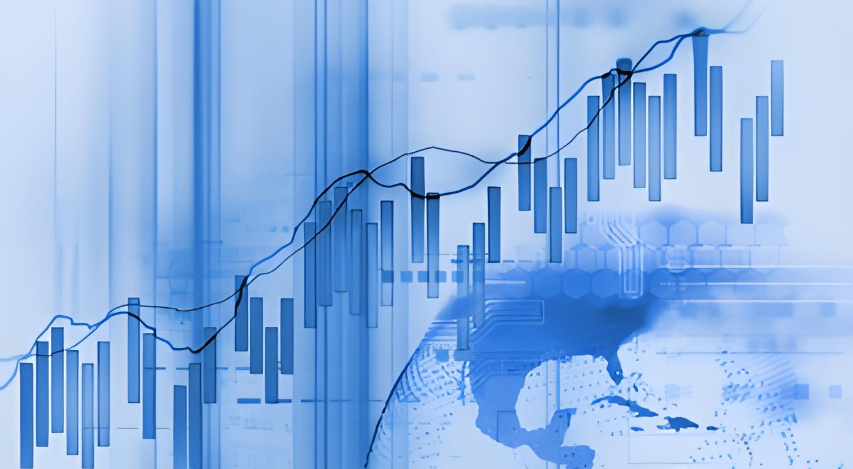As Tesla faces a decline in sales and its performance falls short of expectations, Elon Musk remained optimistic during the earnings call in late January, announcing plans to launch a fully autonomous taxi service in Austin, Texas, by June of this year. However, this bold announcement has raised concerns among experts and the public alike, primarily regarding the safety and legal implications of such an unproven technology.
Tesla's Full Self-Driving (FSD) system has been a topic of great discussion, particularly because the company has often shifted responsibility for accidents onto users, claiming that drivers must be prepared to take over if needed. In this case, since the proposed taxi service would operate fully autonomously, many believe that Tesla would bear the brunt of any potential accidents.
Over the past decade, Musk has repeatedly promised fully autonomous Tesla vehicles, yet he has consistently failed to deliver on these commitments. While the timeline for the true deployment of complete autonomous driving technology remains uncertain, Texas offers a favorable legal environment for the launch of such a service.
In stark contrast to the strict regulations observed in California, Texas embraces a more laissez-faire approach that aligns well with Musk's political views. According to Texas law, companies developing autonomous vehicles need only to register and purchase insurance, similar to regular vehicles, and equip their cars with technology that records potential accident data. Additionally, there are no state-issued permits required for autonomous taxi services, nor is there any regulatory oversight. Furthermore, local municipalities are prohibited from establishing their own regulations governing autonomous vehicles.
Kelly Hancock, a Texas state senator, noted that the state’s legislation regarding autonomous driving, established in 2017, intends to promote industry growth in a competitive market and eliminate barriers to entry. Hancock stated, “As a conservative, I want to minimize government interference. We can’t have thousands of different regulations; that would stifle an industry.”

This free-market oriented policy has fostered a relaxed operating environment for companies like Tesla. Indeed, Musk's decision to relocate the company's headquarters from California to Austin, Texas, at the end of 2021 was influenced by the policy advantages present in the Lone Star State.
In stark contrast, California imposes rigorous controls on the operation of autonomous vehicles. Currently, only Cruise, a subsidiary of General Motors, and Waymo, a subsidiary of Alphabet, have received permits to offer paid fully-autonomous taxi services. Both companies underwent extensive testing, accumulating millions of miles driven under stricter licensing conditions prior to obtaining passenger-transport approval.
While California does not specify the amount of testing mileage required for approval, many companies have conducted their autonomous driving trials under state supervision, yielding millions of miles of data. By contrast, Tesla has recorded a mere 562 miles of testing in California since 2016.
During the January 29 earnings call, Musk indicated plans to release an “unsupervised” version of its full autonomous driving system in California later this year. However, reports from Reuters indicate that the responsible regulatory bodies in California noted that Tesla has not applied for the necessary permits for operating autonomous vehicles or ferrying passengers and has not reported testing data to the state government since 2019.
Professor Bryant Walker Smith, an authority on autonomous driving law at the University of South Carolina, pointed out that Texas regulations do not compel the company to obtain “pre-market approval” before deploying autonomous vehicles. However, he expressed skepticism about Tesla’s ability to widely deploy its autonomous technology, particularly given public disappointment following the demonstration of its robotic taxi concept Cybercab at a film studio near Los Angeles last October.
Smith suggested, “Tesla cannot suddenly have every vehicle driving itself anywhere under any conditions.” He speculated that the company might conduct small-scale tests, perhaps in limited zones of Austin under favorable weather conditions, or allow for remote human intervention to prevent accidents.
The regulatory vacuum created by Texas’s policies has raised serious safety concerns. Adam Hammons, a spokesman for the Texas Department of Transportation, mentioned that as long as autonomous vehicles meet safety and insurance requirements similar to those of traditional vehicles, they can be tested and operated on Texas roads. Yet, the relaxation of regulations has resulted in a lack of oversight.
City Council member Zo Qadri from Austin expressed frustration over the city’s inability to impose regulations on “private companies using public roads as testing grounds.” He bluntly stated, “At the end of the day, we have no authority.”
The rapid increase of autonomous vehicles on Austin streets over the past two years has sparked concerns from both residents and officials. In 2023, over 20 Cruise autonomous taxis caused traffic jams near the University of Texas, proving unable to navigate around one another effectively.
Since July 2023, the city has recorded 78 formal complaints from law enforcement, emergency responders, and residents. One resident’s complaint in December remarked that a Waymo vehicle blocked a lane for half an hour, leading to “at least three very dangerous incidents.”
Additionally, representatives from Austin’s Transportation and Public Works Department reported that police officers directing traffic encountered issues with autonomous vehicles that failed to respond to hand signals. Furthermore, the city has been unable to issue fines to these vehicles. Recently, a strategy was developed to allow local law enforcement to submit complaints about traffic violations observed by officers to municipal courts.
In response to the growing controversy, technology companies have proactively engaged in dialogue with local authorities. A Waymo spokesperson asserted that the company has been collaborating with local leaders and emergency personnel to “gain the trust of the Austin community” and continuously improve its services.
Tesla reached out to Austin officials last May to gather information about local fire and police procedures, school district maps, and traffic regulations during special events.
Leave A Reply